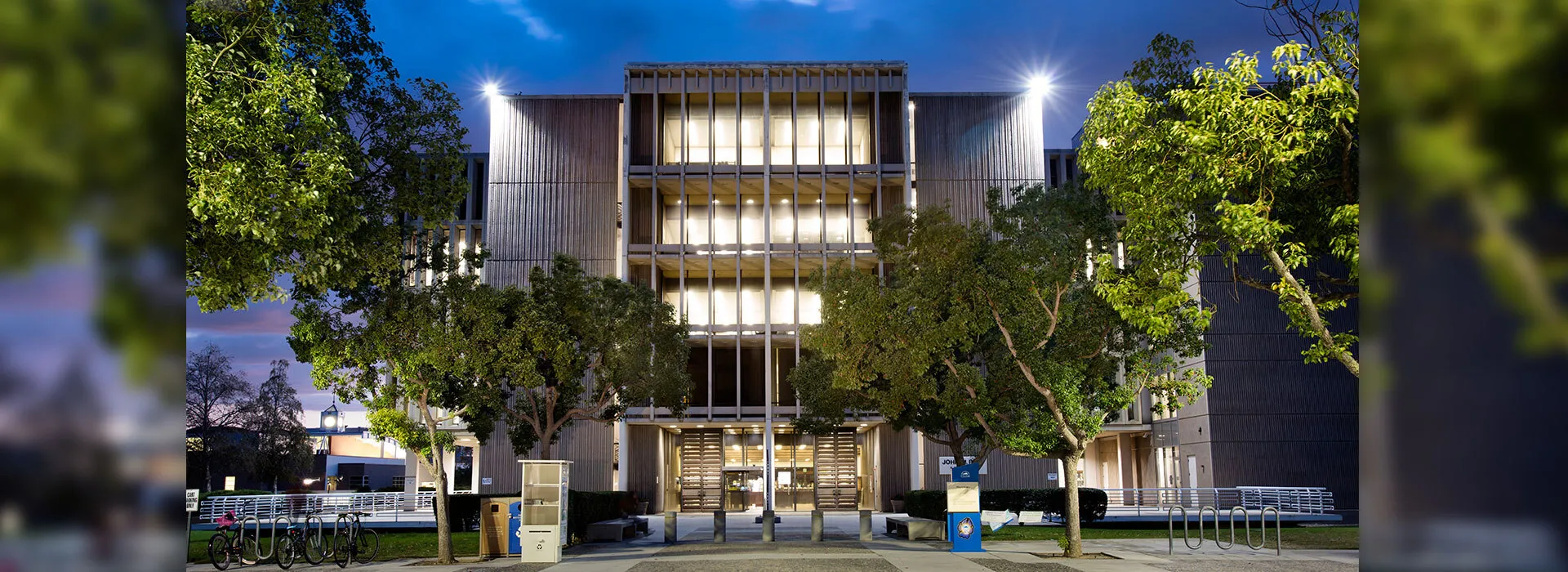
With the spring of 2016 marking the 50th year after the start of China’s Cultural Revolution, a panel at Cal State San Bernardino will reflect on the impact of that tumultuous time when the Modern China Lecture Series presents “50 Years After China’s Cultural Revolution.”
The program, a panel discussion and campus conversation will take place on Thursday, May 12, from 10-11:30 a.m. in the John M. Pfau Library, room PL-5005. The program is free and open to the public; parking is $6 at the university.
The panel of guests will include Rong Chen, CSUSB professor of English and associate provost of Academic and International Programs, and Xiwen Zhang, associate senior reference librarian at CSUSB’s John M. Pfau Library. Having witnessed the Cultural Revolution firsthand, they will share their personal experiences and reflections on the 50th anniversary of its beginning. Jeremy Murray, assistant professor of history at CSUSB, will moderate the program.
The spring and summer of 1966 saw the launch of the “Great Proletarian Cultural Revolution” by Communist Party Chairman Mao Zedong. Some considered this to be the logical outgrowth of the Maoist doctrine of “permanent revolution,” and others saw it as Mao’s power play to reassert his authority in a government that sidelined him after his radical policies of the “Great Leap Forward” led to famine.
The Cultural Revolution was marked by the rise of the Red Guard made up of Chinese youth who led the charge to remove any perceived remnants of what they considered capitalism, revisionism, and bourgeois elements, which Mao had asserted had infiltrated the government and society. Millions of people were persecuted as a result, and China’s pre-Communist revolution history was almost totally destroyed. Even as the Red Guard’s power was minimized in the following years, the period was marked with power struggles within the government.
In 1981, the Chinese Communist Party declared that the Cultural Revolution was “responsible for the most severe setback and the heaviest losses suffered by the Party, the country, and the people since the founding of the People's Republic.” Still, the chaotic era is a sensitive topic in China today, and many within China and around the world push for a fuller accounting of the Cultural Revolution in history books and in the Chinese national conversation.
The Modern China Lecture Series was initiated to promote awareness of important issues related to China for those on the CSUSB campus and in the community. In the series of more than 20 lectures, workshops, and roundtable forums since January 2014, China scholars from UC San Diego, UC Riverside, the Claremont Colleges, UCLA, USC and other institutions have visited the CSUSB campus to share their expertise and opinions.
Speakers have included specialists in history, economics, political science, philosophy, finance, security studies, literature, anthropology and other fields.
The Modern China Lecture Series is sponsored by the CSUSB History Club/Phi Alpha Theta Chapter, the CSUSB Department of History, the Intellectual Life Fund, the College of Social and Behavioral Sciences, the College of Extended Learning, the John M. Pfau Library, the College of Business and Public Administration, the departments of sociology and anthropology, and the University Diversity Committee.
For more information on the May 12 event or the Modern China Lecture Series, contact Jeremy Murray, assistant professor of history, at (909) 537-5540 or jmurray@csusb.edu.
About California State University, San Bernardino: Set in the foothills of the beautiful San Bernardino Mountains, CSUSB is a preeminent center of intellectual and cultural activity in inland Southern California. Celebrating its 50thanniversary in 2015-2016, CSUSB serves more than 20,000 students each year and graduates about 4,000 students annually. For more information about Cal State San Bernardino, contact the university’s Office of Strategic Communication at (909) 537-5007 and visit news.csusb.edu.